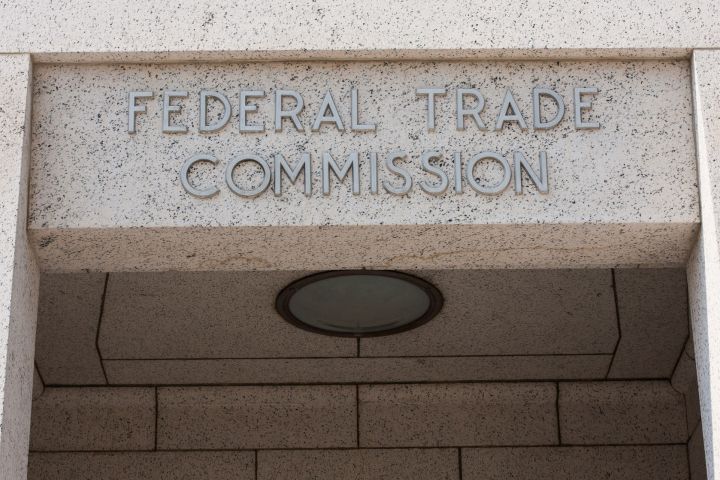
The Federal Trade Commission isn’t down on endorsements — the feds know endorsements work. What the FTC isn’t happy with is an athlete, actor, performer, or any other celebrity associating with products in a manner that might not appear to be a paid promotion — when it actually is.
“We’ve been interested in deceptive endorsements for decades, and this is a new way in which they are appearing,” said Michael Ostheimer, an FTC Ad Practices Division deputy. “We believe consumers put stock in endorsements, and we want to make sure they are not being deceived.”
Television marketing is losing its pulling power, according to Bloomberg, especially for 20-somethings. Social media is the go-to medium in many cases. Captiv8, a firm that hooks up brands with influencers, says brands are paying influencers more than $255 million monthly on Instagram alone.
Marketing companies defend their influencer clients, saying the rules aren’t always clear. “We’re venturing into a little bit of ridiculous territory with the FTC saying these things because influencers really want to follow the rules,” said Stefania Pomponi, founder of marketing agency Clever Girls Collective, Inc.
The FTC wants compensation disclosures up front and noticeable. Hashtags can help, but not if they’re buried among a dozen others. Putting #ad at the beginning of a post is pretty clear, but others such as #sp or #spon don’t cut it. If you’re putting up Youtube videos where you use and feature products, it’s not enough to mention you were paid to do so in the video description field the FTC says.
“If consumers don’t read the words, then there is no effective disclosure,” Ostheimer said. “If you have seven other hashtags at the end of a tweet, and it’s mixed up with all these other things, it’s easy for consumers to skip over that. The real test is, did consumers read it and comprehend it?”
In the mid 20th century, when medical doctors blatantly advertised cigarettes as being good for you, way before the Marlboro Man died of lung cancer, advertisers could use persons of authority, looks, or celebrity to say anything they wanted with little, if any, oversight or regulation. Today, not only are brands liable for what their ads say, but if they use celebrities in ads or if celebrities tout their products in posts, pics, or videos, the FTC wants us to be sure we know the celebs are paid.



